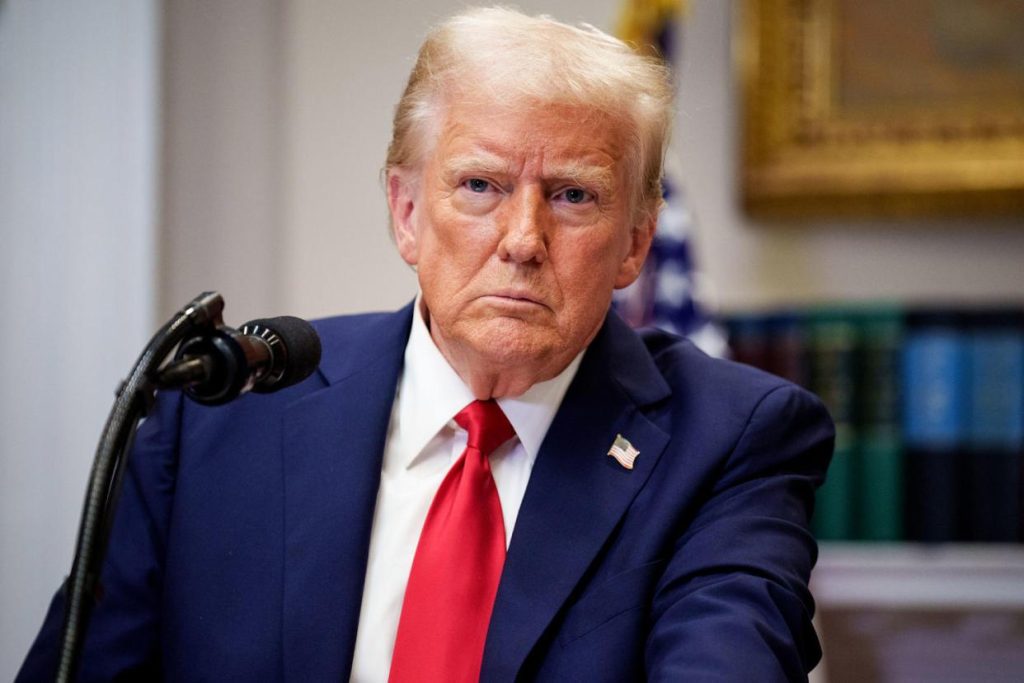Italian PM Giorgia Meloni Faces Scrutiny Over Controversial Repatriation of Libyan War Crimes Suspect
Italian Prime Minister Giorgia Meloni is under investigation over her government’s handling of Osama Elmasry Njeem, a Libyan police officer accused of war crimes and crimes against humanity. The inquiry also extends to Justice Minister Carlo Nordio, Interior Minister Matteo Piantedosi, and Cabinet Undersecretary Alfredo Mantovano, who are suspected of aiding and abetting a crime, as well as misusing public funds in relation to Njeem’s release. Arrest and Sudden Release of Njeem Njeem was arrested in Turin under an International Criminal Court (ICC) warrant. However, in a move that has sparked international controversy, he was soon after freed and flown back to Libya aboard an Italian state aircraft—without prior ICC authorization. The unexpected repatriation has led to demands from The Hague for an official explanation from the Italian government. Investigation into Government Actions Italian prosecutors, led by Francesco Lo Voi, are looking into whether senior officials deliberately facilitated Njeem’s return to Libya in violation of international law. The use of government resources, particularly the state aircraft, is being examined as a potential case of misappropriation of funds. The investigation raises concerns about Italy’s compliance with global legal obligations and the integrity of its justice system. Defense by Italian Officials Interior Minister Matteo Piantedosi has defended the government’s decision, arguing that procedural flaws in the arrest warrant justified Njeem’s release. He labeled the move a “state security measure” and maintained that the legal basis for detaining Njeem was insufficient, necessitating his return to Libya. Meloni’s Reaction: Defiance Amid Political Turmoil Prime Minister Meloni has responded to the investigation with strong words, denouncing what she sees as an effort to undermine her leadership. In a video statement posted online, she declared: “I will not be blackmailed, I will not allow myself to be intimidated, which is why I am, let’s say, disliked by those who do not want Italy to change and become better.” Her allies suggest that the probe is politically motivated, intended to destabilize her administration as it pursues judicial and policy reforms. Political Fallout and Broader Implications This investigation has deepened tensions between Meloni’s government and the Italian judiciary, which has already clashed with her administration over judicial independence and immigration policies. Critics argue that Njeem’s release may be tied to Italy’s strategic relationship with Libya, particularly regarding migration control. Opposition figures have drawn comparisons to past legal battles, such as Deputy Prime Minister Matteo Salvini’s trial over migrant detentions, further inflaming the political debate. As the legal process unfolds, this case is likely to have wide-reaching effects on Italy’s domestic politics and its standing within the international legal community. The outcome could shape Italy’s approach to both foreign policy and judicial oversight in the years to come. Tamika Jamar















